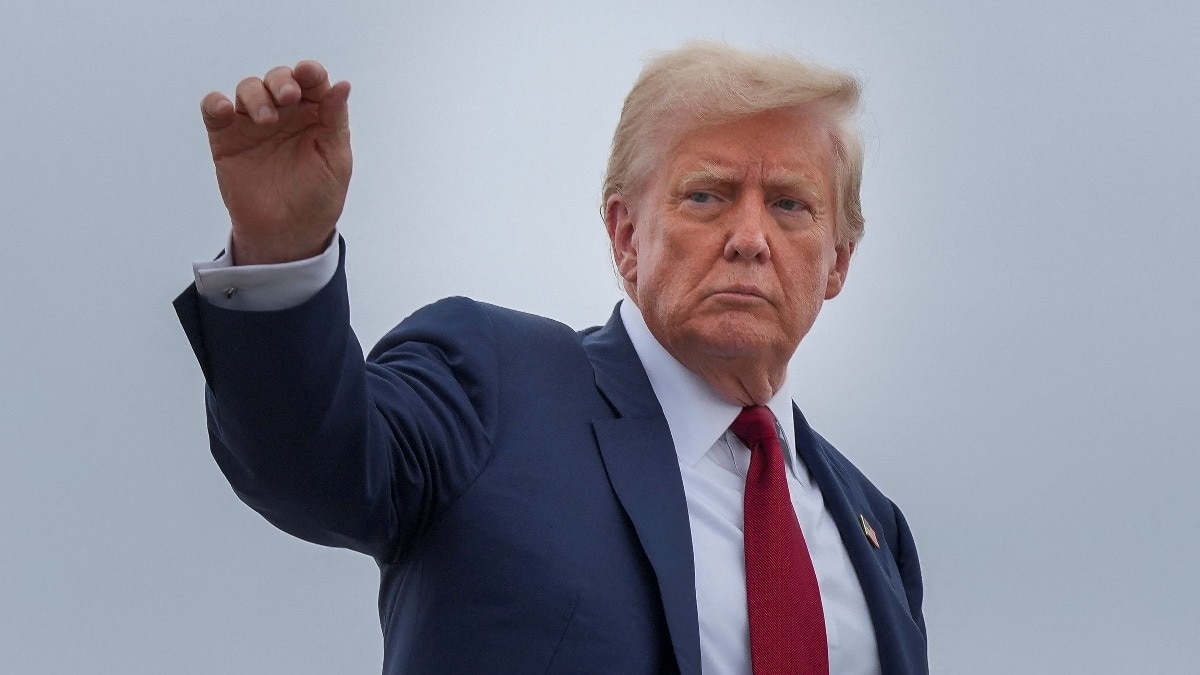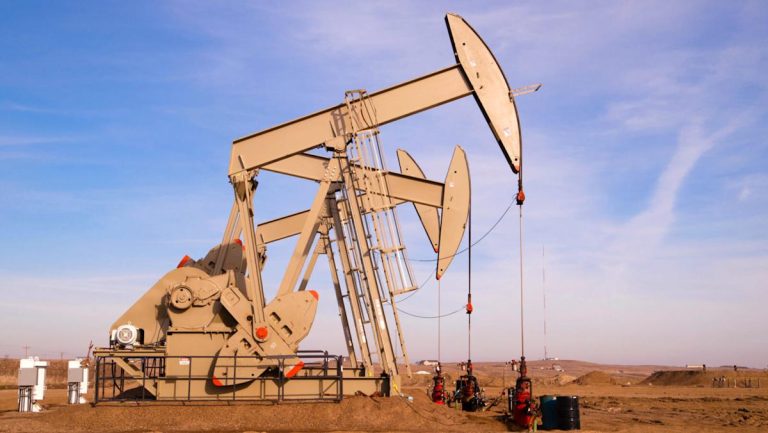The Trump administration is threatening to unleash “devastating sanctions” on Russia starting August 8, with warnings that India, China, and Brazil could also be penalized if they continue trading with Moscow, especially in oil.
Now, Trump has added that India may already be scaling back its Russian oil imports, calling it “a good step.”
US Ambassador to NATO Matthew Whitaker, speaking on behalf of the Trump administration, said the upcoming sanctions would not only strike directly at Russia’s energy and defense sectors but would also impose secondary sanctions on countries maintaining significant trade ties with Russia.
“If you’re funding Russia’s war machine through trade, you’re in the crosshairs,” Whitaker warned, specifically naming India, China, and Brazil as nations that could face steep penalties.
The plan includes up to 100% tariffs and sweeping sanctions on oil transactions and other strategic sectors.
One of the most striking claims came when Whitaker alleged that Vladimir Putin “needs to sell oil” to pay each Russian soldier $100,000—a figure widely considered inflated and unverified by independent analysts.
Trump, in a presser, said: “I understand that India is no longer going to be buying oil from Russia. That’s what I heard, I don’t know if that’s right or not. That is a good step. We will see what happens.”
When asked whether he had a specific number in mind for penalties on India or if he planned to speak with Prime Minister Narendra Modi, Trump avoided details but appeared open to de-escalation if Indian energy purchases had indeed shifted.
India, however, offered a measured response. During the weekly media briefing on Friday, MEA spokesperson Randhir Jaiswal said India remains committed to securing its energy needs based on market conditions and national interest.
“We are not aware of any specifics,” he said, addressing media reports that some Indian oil companies may have paused Russian imports.
India has long defended its sovereign right to energy self-determination, even amid mounting pressure from the West over its Russian oil trade.







